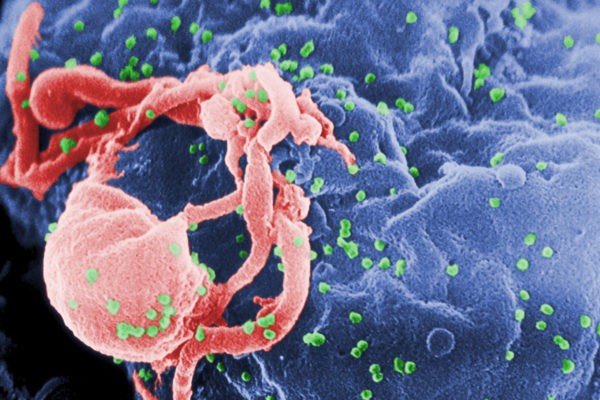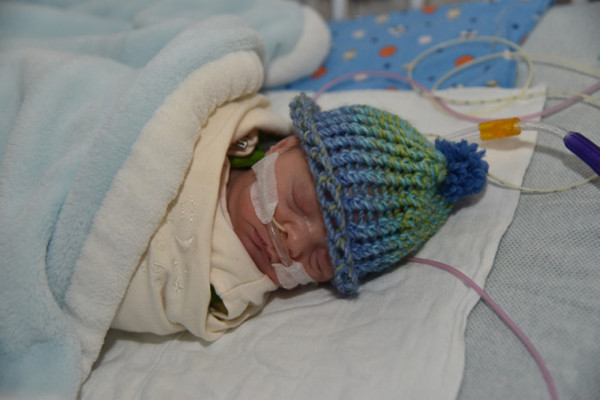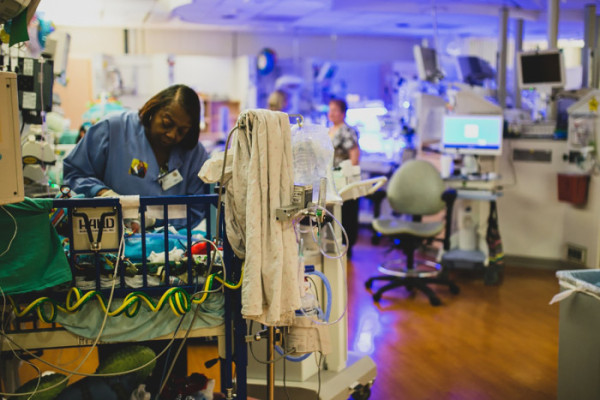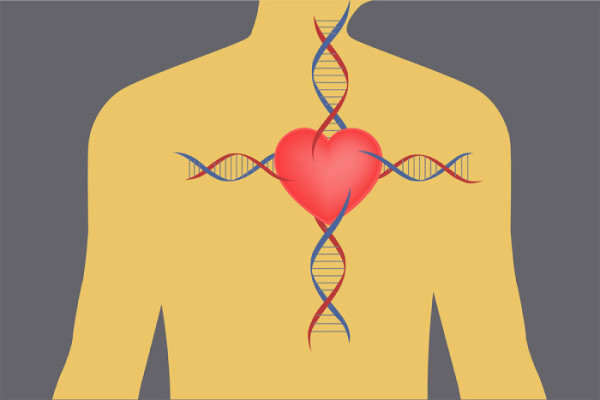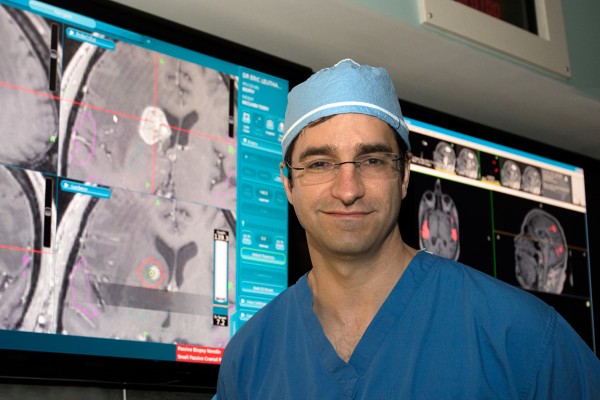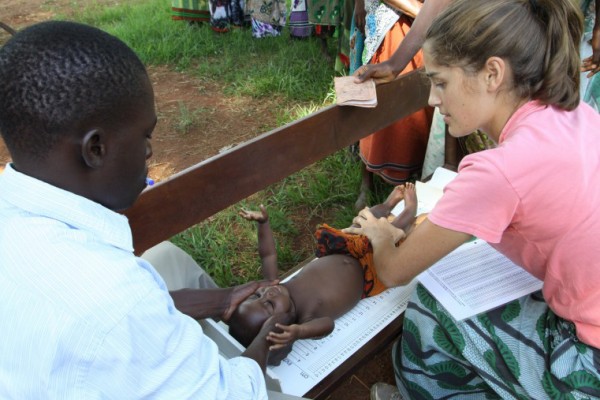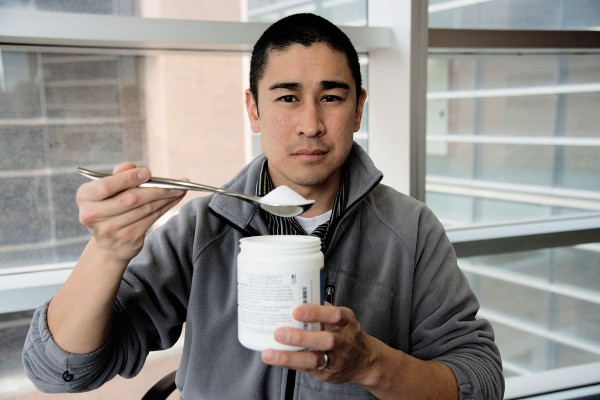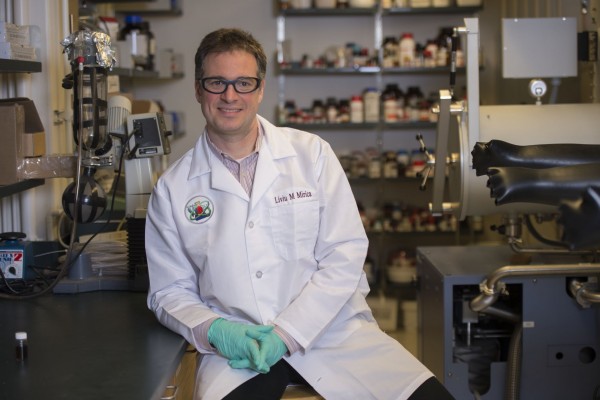Bacteria, viruses in gut linked to severity of HIV infection
In two studies led by researchers at the School of Medicine, scientists have identified intestinal bacteria and viruses as possible sources of inflammation and disease related to HIV-related infections.
Gut microbes linked to deadly intestinal disease in preemies
An imbalance of certain gut microbes appears to be the underlying cause of a frequently fatal intestinal illness in premature babies, according to new research led by Washington University School of Medicine in St. Louis.
Preemies’ gut bacteria reveal vast scope of antibiotic resistance
A new Washington University School of Medicine study reveals extensive antibiotic resistance in the gut bacteria of premature infants. The researchers say these findings support the push to minimize routine use of antibiotics in these patients.
New guidelines open competitive sports to some athletes with heart conditions
New guidelines from the American Heart Association and the American College of Cardiology loosened some restrictions on athletes with heart conditions. Cardiologists at the School of Medicine led two of the task forces responsible for updating the guidelines.
Newly identified genetic errors may prevent heart attacks
A new study that included genetic data from more than 190,000 people has identified two genes that, when altered in specific ways, either promote or undermine cardiovascular health. The findings may help guide efforts to design new preventive drugs, similar to the way statins now are prescribed to lower “bad” cholesterol to reduce the risk of heart disease.
Laser surgery opens blood-brain barrier to chemotherapy
Using a laser probe, neurosurgeons at the Medicine have opened the brain’s protective cover, enabling them to deliver chemotherapy drugs to patients with a form of deadly brain cancer called glioblastoma.
Dietary link to stunted growth identified
A team of researchers led by senior author Mark J. Manary, MD, at Washington University School of Medicine in St. Louis, has found that inadequate dietary intake of essential amino acids and the nutrient choline is linked to stunting. That knowledge may unlock the door to new approaches to treat the debilitating condition.
Natural sugar may treat fatty liver disease
New research from the School of Medicine shows that a natural sugar called trehalose prevents the sugar fructose — thought to be a major contributor to nonalcoholic fatty liver disease — from entering the liver and triggers a cellular housekeeping process that cleans up excess fat buildup inside liver cells.
Why 5 percent weight loss can be life-changing
For patients with obesity trying to lose weight, the greatest health benefits come from losing just 5 percent of their body weight, according to a new study at Washington University School of Medicine in St. Louis.
Longer-lived imaging agents could hasten Alzheimer’s research
A chemist at Washington University in St. Louis hopes to develop bifunctional compounds that can be both therapeutic and diagnostic agents for Alzheimer’s disease. In the first role, they would block the metal-mediated formation of amyloid beta oligomers; in the second, they would be loaded with a long-lived radioistope (Cu-64) and employed as PET imaging agents.
Older Stories
